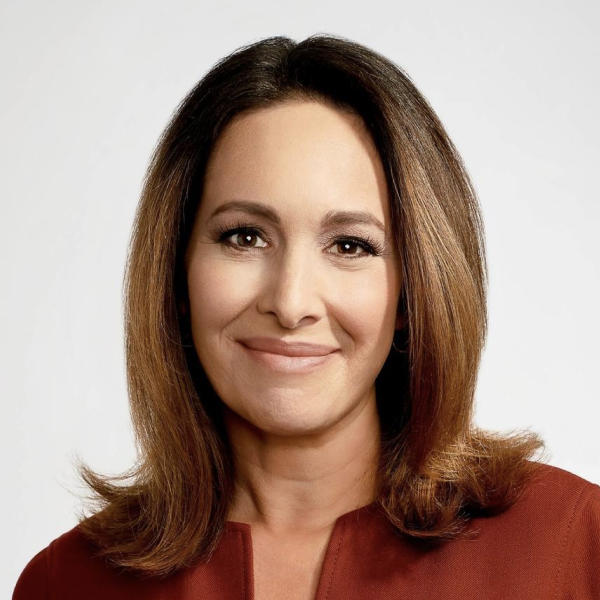Gauging The Internet's Political Power
In 1972, computers and campaigns were just getting acquainted. Fundraising appeals using direct mail lists were considered revolutionary - and helpful to a young Karl Rove working on the Nixon re-election campaign.
"Young people have got to reach other young people," Rove told CBS News at the time, "and that is what we are seeking to do."
The merger of politics and technology was so new the Nixon campaign felt its use of computers should be shielded from the public.
How things have changed.
In 2007, candidates announce that they are running for president, raise money and even hold debates on the Internet. Earlier this month, the Democrats held the first candidate "mashup" - their responses to questions were posted online for internet users to edit any way they choose.
Still, a recent poll showed that 72 percent of those surveyed get their political information from newspapers. Analysts say that means campaigns have to keep both old and new media in mind when trying to connect with voters.
"The other media, the traditional mass media, drives the message where the candidates want it to go," said Michael Cornfield of the George Washington University, "and that's why they still remain invaluable as we get close to an election."
So when the history of the 2008 campaign is written, how big a role will the internet have played after all?
For Joe Trippi, an architect of Howard Dean's groundbreaking use of technology in the 2004 campaign, and now with candidate John Edwards, it will have been the key.
Trippi imagines looking at the next president a few years from now and saying "Wow, who'd have ever thought when that moment happened on YouTube or the Internet? That's when this candidate started getting momentum that drove them to the presidency."
Others remember that Dean, for all his online appeal, didn't end up being the nominee, and the current Republican front-runner hasn't exactly embraced the new technology.
"The only candidate who is under-performing in terms of using the Internet is Rudy Giuliani," Cornfield said. "And because Rudy Giuliani is leading in the polls I think that tells us that the Internet, while it is a favorite of the activists, and while it is increasingly important, is still not thoroughly essential to becoming a victor in the polls."
